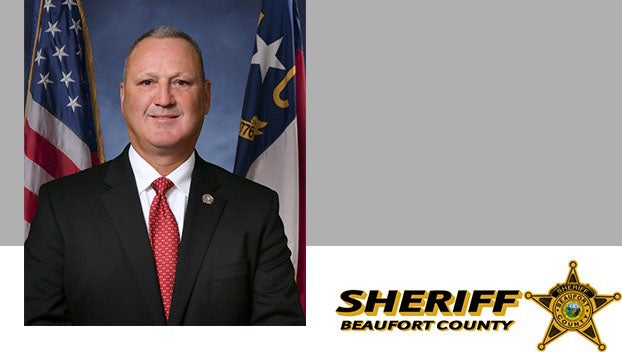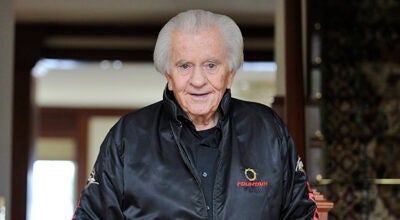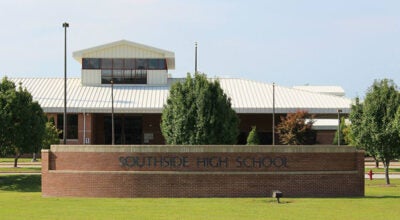Students praise Wright Flight
Published 5:58 pm Monday, October 21, 2013
By doing the right things on the ground, some Washington-area students get to take to the air through the Wright Flight program at John Small Elementary School.
During a recent Washington City Council meeting, some of those students discussed how Wright Flight affected their lives.
“My fifth-grade year will always be special to me, and the Wright Flight program is part of the reason. I remember being skeptical where our class was told that we had the opportunity to pilot a plane. I knew there had to be a catch, and, of course, there was.” Said Jazire Boyd, a 2011 graduate of the Wright Flight program and now a student at P.S. Jones Middle School. “Our teachers wanted us to learn about the history of aviation, set a goal of improving one of our subject grades by seven points and pass the Wright Flight exam with a B or better. Do you know how hard it is to improve your nine-weeks grade by seven points? It’s more than difficult. However, the day we flew made all the hard work worth it.”
Boyd said the Wright Flight experience taught him that hard work and perseverance pay off.
“Wright Flight was an amazing experience for me. It helped me a lot. It helped me achieve all A’s and complete a project. Wright Flight is so much fun. You’re flying over Washington and find out things you didn’t know about your hometown. … I love Wright Flight and hope to fly a plane again soon,” said Emerson Davis, now a student at P.S. Jones Middle School.
Sherry Swain, who’s taught Wright Flight for six years, told the council about her experiences with the program.
“When students are first introduced to Wright Flight, the thing that excites them the most is the opportunity to fly. You can see their eyes light up when they imagine getting in the airplanes and flying, even being allowed to pilot a plane,” Swain said.
Wright Flight takes students from the Wright Brothers to raid on Tokyo during World War II to the space shuttle as they study the history of aviation, Swain said.
“I’ve seen Wright Flight change the culture of a classroom. Students become closer and work together and discover more and more. Wright Flight teaches students not to give up and work hard for what they want,” Swain said.
By signing a contract, working hard and fulfilling that contract, a fifth-grade student is rewarded by taking a flight of about 20 minutes in small, private plane. Wright Flight teaches youngsters that hard work and keeping a promise can result in rewarding experiences, Swain noted.
The fifth-graders learn that lesson by studying aviation pioneers such as Orville and Wilbur Wright, who set objectives, worked hard to meet those objectives and overcame obstacles to write their names in the history books.
The focus of the Wright Flight program is the contract a student signs. As part of the contract, the student sets a goal and lists what must be done to achieve that goal, which should be challenging. The program’s preferred goal is to raise a grade in school, say from a B to an A in history or a C to a B in mathematics. Parents are encouraged to assist their children in reaching their goals.
Part of the Wright Flight program calls for students to abstain from using tobacco, drugs and alcohol. The program also provides students a second chance if they don’t meet their goals the first time around. That second chance comes during the next grading period.
Numerous Wright Flight participants are minority or disadvantaged children who probably never would have opportunities to fly in an airplane without Wright Flight.






